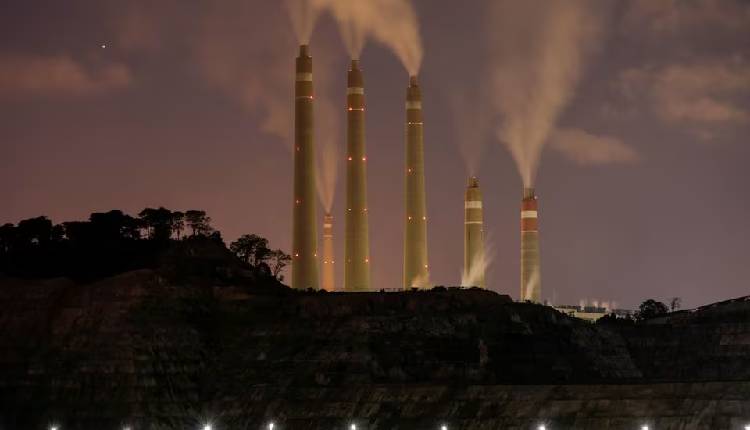Indonesia revised its green investment rulebook “taxonomy” on Tuesday, allowing coal-fired power plants for nickel industries as part of the global green transition, according to Reuters.
This move may face resistance from green groups, which criticised the idea of financing new coal plants as sustainable last year, as coal plants emit a lot of carbon.
The new rulebook updates a 2022 document that defines sustainable investment to support Indonesia’s goal of zero emissions by 2060. It uses a traffic light system to label sectors as green, amber, or red, depending on how they align with Indonesia’s climate goals, support the low-carbon transition, or harm the environment.
The rulebook labels captive coal power plants as amber if they meet some criteria. These are off-grid systems that industries use for themselves. The criteria are: they must be built by 2031, shut down by 2050, and cut their emissions by 35 per cent in 10 years from 2021’s average.
In addition, amber mining involves the extraction of vital minerals that facilitate clean technologies, such as nickel for electric car batteries, provided that certain conditions are met, like post-mining land restoration.
Indonesia’s green taxonomy supports the early retirement of coal power plants under a G7-led climate funding program called the Just Energy Transition Partnership.
Indonesia’s Financial Services Authority (OJK) chief Mahendra Siregar said at a press conference that the new rulebook looks at carbon emission reduction in a wider context, not just the environment but also social progress and economic development.
OJK first suggested financing new coal power plants in the rulebook last year, which drew criticism from green groups that want to limit carbon emissions.
Nickel processing facilities have expanded in Indonesia in recent years, leading to more investment in captive power stations because they are in remote locations.
Most Indonesian lenders have kept financing coal-related projects because they are important for the economy, even though many global banks have stopped funding coal assets.


